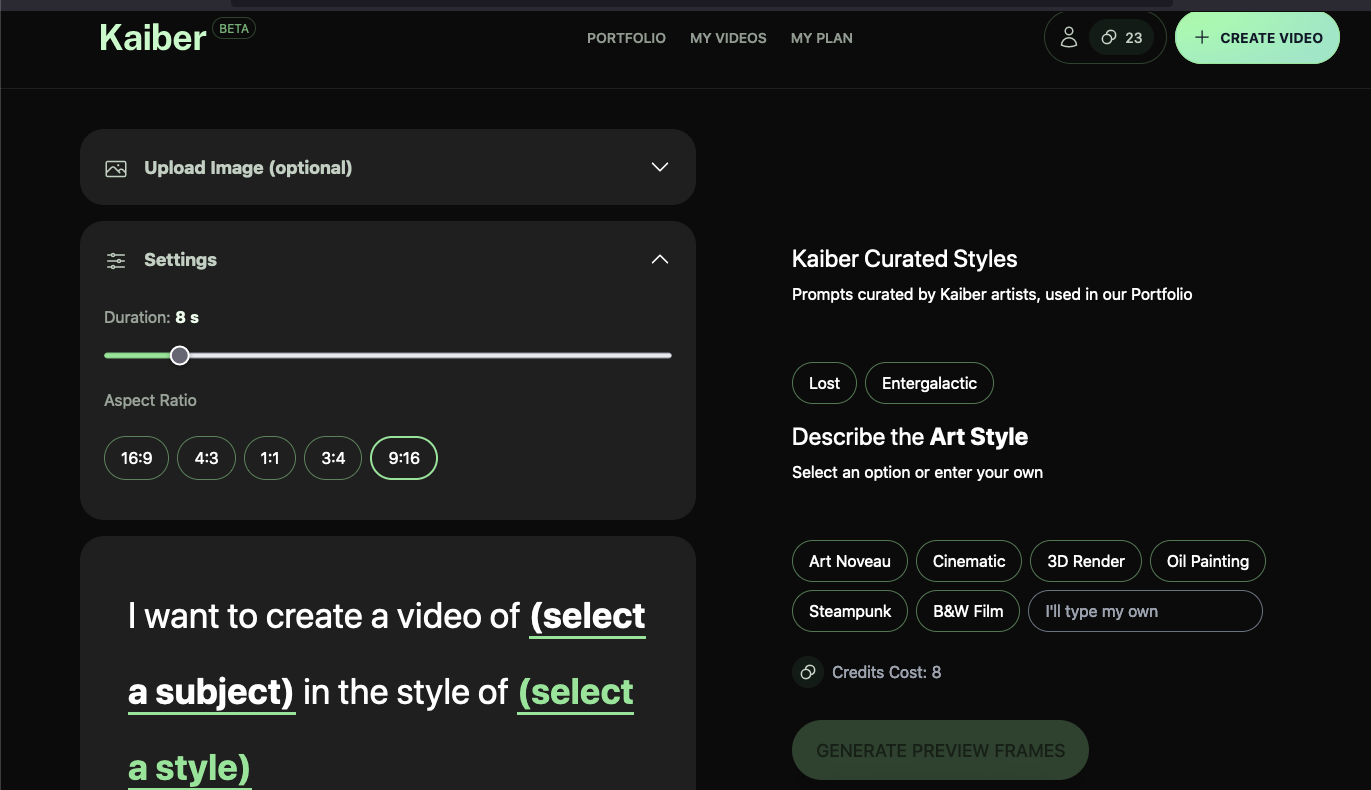AI Web Scraping, Ultra-Realistic AI Generated Human-Like Voices and More
Hello and welcome to AIBrews - your weekly curated source of only the most promising AI products and noteworthy learning resources.
🔍 🛠️ AI Product Picks
Humata
This tool is designed to help understand complex technical papers and legal documents more efficiently. It not only summarizes long papers/documents into simple explanations, but it also provides instant answers to questions related to your uploaded file. And, if you're working on a report or paper, the tool can even generate new writing based on your file, making the writing process much smoother and faster.
Humata has a specific requirement for the type of file it can process - it must be a PDF with a size of less than 10 MB and a maximum of 60 pages. In our testing, we tried it on various types of documents, including slides and research papers on technical topics. The results were impressive, as the tool was able to accurately explain the designs/diagrams even when the relevant explanation was not directly stated in the document. However, it did give incorrect output when the PDF was a scanned copy of a handwritten document.
Humata is free for now.
Kaiber
Kaiber is a user-friendly text-to-video generation tool that makes video creation effortless. Simply define your subject and art style, as well as length of the video and let the tool take over. You can also start by uploading an image but this is an optional step.
And an interesting note: Linkin Park used Kaiber to assist in the creation of an anime-style video for their latest track, "Lost." which was released last week:
ElevenLabs
ElevenLabs is an AI voice research company focusing on the generation of ultra-realistic AI generated voices.
The deep learning model behind its voice generation tool is able to understand emotions and logic behind words and captures the human intonation and inflection with remarkable accuracy. And it doesn't stop there - the AI also adjusts the delivery based on context - with its ability to consider the context of preceding and succeeding text, it delivers longer text with a truly natural-sounding voice.
The tool has about 10 voices to choose from, but you can add your own - there’s a voice cloning tool that lets you clone your own or any other sample voice instantly. Voice cloning is available only on paid tiers.
In February, the company will also be releasing a voice design tool which will enable users to design create entirely new voices using their generative model. This will help brands create their own unique brand voice!
A basic free plan is available and the paid tier starts from only $5/month for 30,000 characters.
🔥 Upcoming Products
ExtractGPT:
A browser extension for web data scraping using AI. All you have to do is specify the table columns you want, and it does its job quite well! Works for both structured and unstructured types of web pages. Here’s a short demo video by the founders.
Galileo AI
Galileo is basically Generative AI for User-interface design. By using natural language prompts, Galileo AI transforms your design descriptions into high-quality, editable designs in Figma. You can request for early access here.
Genius
An upcoming AI User Interface design tool by Diagram that seems quite innovative. Genius understands what you're designing and provides suggestions using components from your design system to autocomplete your designs within Figma! It doesn’t reply solely on text input, stays unobtrusive and makes use of the work you've already done.
✨ Learning Resources
Create a Personalized Children Story Book:
Brandon Hancock teaches how to use AI tools to create a story book with visually consistent illustrations that feature your kid as the main character!
AI Tools used: ChatGPT, Midjourney and Dreambooth. You can check out the book here
Storing OpenAI Embeddings in Postgres with pgvector
A detailed tutorial that delves into the concept of embeddings and how they work. Explains how to generate embeddings using OpenAI's API and how to store and query them efficiently within your database using pgvector, a PostgreSQL extension.
Free Course on Prompt Engineering
This open-source course on prompt enginnering is quite comprehensive and interesting. It starts from the basics and then delves in to various prompting techniques like Chain of Thought (CoT) prompting, Self-consistency etc. It also covers some advanced applications of prompting that can solve complex reasoning tasks. Image Prompting, Prompt Hacking and Prompt Tuning are also covered along with several practical and interesting examples.






